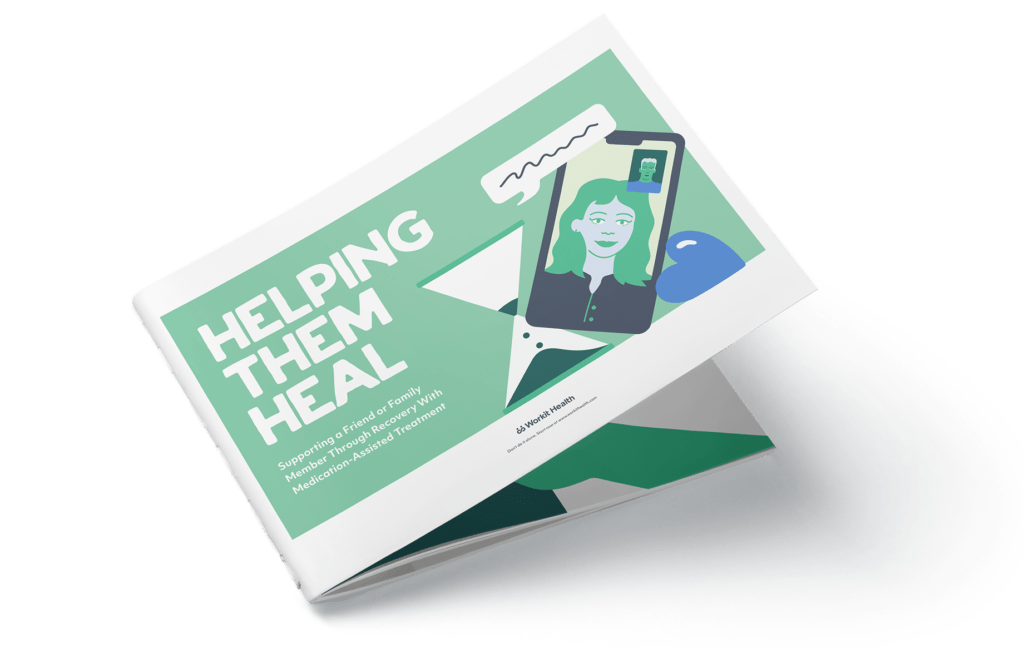Many Don’t Address These Four Fundamentals Of Addiction Recovery — Do You?
The obvious signs of an impending relapse are, well . . . obvious. We’ve all heard the “just this once” argument, and how that never ends up working out to anything other than a three-day stay in a county detox.
Then, of course, there are the acronyms H.A.L.T. and PP&T. (Well, okay, the second is an abbreviation.) That first one: hungry, angry, lonely, tired? Definitely a fresh playing field for a relapse touchdown. And PP&T? There’s probably an extra point for that one. It stands for people, places & things, and it relates to all the familiar faces, places, and stuff we used to do while we were active in addiction. When you get into those old patterns, it’s easy to slip.
After I had been to my first inpatient treatment, I moved back home to my family and where I was living at the time in western North Dakota. I ignored the obvious signs. I relapsed.
Bam. Back in treatment.
“The gift of life is that, if we’re fortunate, we do get second, third, and sometimes even more chances. ”
The second time around, I wanted to get sober, so I had HALT and PP&T down pat. However, I did not recognize the more sneaky, gradual signs that a new, much more difficult relapse was in the cards for me. I relapsed again.
Another rodeo.
The gift of life is that, if we’re fortunate, we do get second, third, and sometimes even more chances. The tough thing with addiction is that sometimes it can kill you before you get that next chance. Other times, it only destroys the relationships that you care about. Yeah, “only.”
Addiction is serious. What’s important to know is that there are other more subtle, telltale signs that a relapse is in the works. What are they? Read on.
Fundamental #1: Emotional Erosion
As a former abuser of drugs and alcohol, and as a guy in recovery, I can relate to the fact that many men don’t like to think they have a very complex emotional life at all. But the truth is what’s been obvious to most, if not all, women for centuries—men are emotional wrecks!
Of course, women in recovery have to deal with their emotional lives, as well. They’re just better at doing it than most men are.
What happens is that a person’s recovery seems to be going well and then, a curveball gets thrown into the mix. Things like . . .
-
Loss of a job
-
Change at your work
-
Drama online with social networks
-
Politics begin to annoy you
-
A relationship goes sour
-
You begin stirring up resentments
The emotional turmoil starts to erode the inertia to keep on doing the next right thing. Why it does this is uncertain. Personally, I believe that many people suffering from substance use disorder seek emotional peace, and when it doesn’t come, we become upset.
Emotional changes and challenges? Yes. This is a slippery slope to a relapse.
Fundamental #2: The Spiritual Erosion
When I speak publicly, often I’ll see people in the audience wince when I begin speaking about spirituality. The thing is, everyone is spiritual in one form or another, even if you’re an atheist or an agnostic. It has to do with how I define “spirituality.”
For me, spirituality is the active steps you take to fulfill your deepest desires to become a more authentic human being.
That’s it! There’s nothing churchy about it (although a healthy spirituality can include religious beliefs).
A spiritual erosion begins when we seek out activities and other things we believe will help us become a more authentic human being, but really aren’t very edifying at all.
The scope of what constitutes a spiritual erosion really depends on the individual. But you’ll know it by this one litmus test: ask yourself whether you’d like your great grandchildren seeing it as one activity you excelled at on your gravestone.
When a spiritual erosion starts, it’s danger time. Because often we’ll seek out a greater high to fill the empty void we perceive needs filling. Nothing fills that empty void up in the short term like drugs or alcohol.
Fundamental #3: The Physical Erosion
When I was active in my addiction, I didn’t really care about staying clean. What I mean by that is not the allegorical “clean” from drugs. No, that obviously fell by the wayside a long time before. I mean literally “clean”—as in, like, taking a shower.
I could go weeks without washing up. It disgusted my wife. But the fact is I wasn’t paying attention to my physical need for a sensible, daily hygiene.
Other physical needs begin to erode before a relapse, too. A person forgets to exercise, to eat the right types of food (or even eat at all), and of course, to even think about what is and what isn’t good for you.
One pattern you might see while reading these different erosions is that many of the things we were trained as children to accomplish, like to remembering to take out the trash, suddenly become optional.
A life of recovery takes discipline. It’s important to do the things that need doing. And do them now! Don’t procrastinate.
Fundamental #4: The Erosion of Will
Although I attend a weekly Twelve-Step meeting, you might be surprised to read that I believe that people do have a will. Often, it is stated that the start of a recovery begins with the acknowledgment that one is powerless over a drink or a drug. I understand the context that Bill W. meant to convey this idea, and certainly I can apply it in my own life. But here’s the thing…
You do have power. You do have a will. The erosion of the will has come because you have set new, unhealthy patterns in your life when you’re actively addicted to certain chemicals.
In recovery, an erosion of the will comes only after you begin to see the “drudgery” of recovery. What I mean by that is that, generally speaking, people in recovery like novel, new things in their life—especially when they feel good. After all, that’s what led us to using drugs or alcohol before in our old life. We’re not stupid people!
The problem is that long-term recovery can become old rather fast. What’s important to set as a habit in our new lives is that life doesn’t necessarily need to be brand-spankin’ new and shiny all the time. And that’s okay.
When the will erodes, a relapse may be pending.
The most important facet of all of this for people in recovery is recognizing these subtle signs as they surface to address them in the way you’ve chosen to follow in your new life. For those just beginning, realize that a life in recovery is worthwhile and that there are people who will help you get there! You’re not alone.





